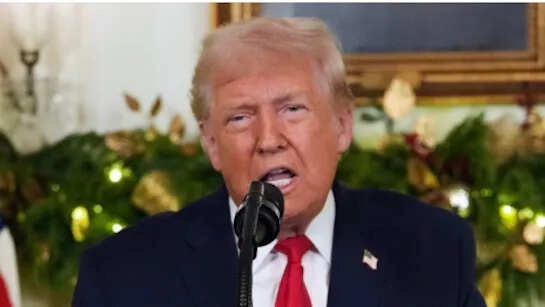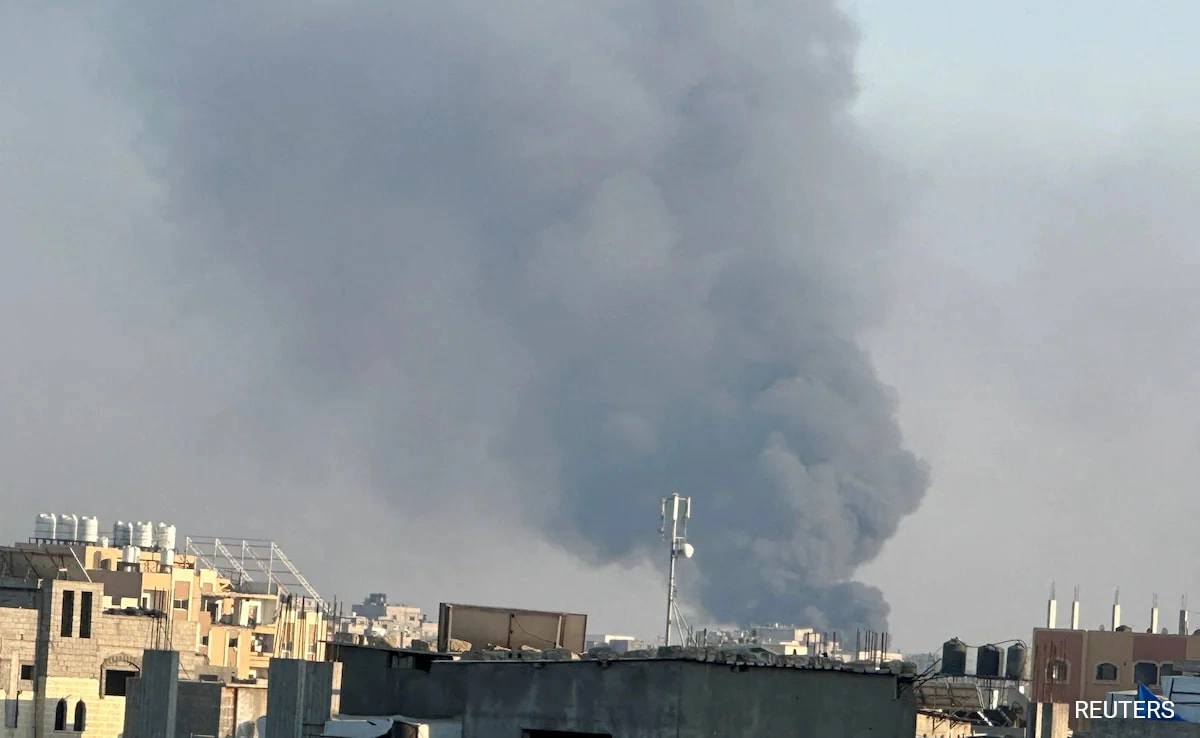In recent months, the escalating tensions between Israel and Hezbollah in Lebanon have captured global attention, particularly in the context of Iran’s influence in the region. The situation underscores the complex interplay of local and international dynamics, with Israel’s military actions being a direct response to perceived threats from Hezbollah, which is backed by Iran. Israel has long viewed Hezbollah as a significant adversary, especially given the group’s extensive arsenal and its history of cross-border conflicts. The Israeli government has made it clear that it will not tolerate any aggression that could jeopardize its national security, leading to a series of targeted strikes against Hezbollah positions.
Israel’s decision to engage militarily in Lebanon can be interpreted as a proactive measure to deter Hezbollah from expanding its capabilities. The Iranian regime’s support for Hezbollah not only strengthens the group militarily but also provides it with a strategic foothold in Israel’s northern border. By targeting Hezbollah, Israel aims to disrupt Iranian logistical and military support, thereby weakening the group’s operational capacity. This military strategy reflects Israel’s broader concern about Iran’s growing influence in the region, which it sees as a direct threat to its existence. The Israeli leadership believes that taking decisive action against Hezbollah now could prevent more significant conflicts in the future.
Moreover, this conflict is not merely a regional issue; it has implications that resonate globally. The international community is closely monitoring the situation, recognizing that further escalation could lead to a broader confrontation involving multiple players, including Iran and other regional allies. The potential for a larger war raises concerns about the stability of the Middle East, as well as the impact on global oil markets and international diplomatic relations. As a result, countries around the world are calling for restraint and dialogue, hoping to de-escalate tensions before they spiral out of control.
In conclusion, Israel’s military actions against Hezbollah are part of a larger strategy to counteract Iranian influence in the region. The dynamics at play reflect a significant geopolitical struggle that encompasses not only local actors but also global powers. As the situation continues to develop, the need for a careful balance between military action and diplomatic efforts becomes increasingly critical. The conflict serves as a reminder of the fragile nature of peace in the Middle East and the ongoing challenges that arise from historical grievances and power struggles.




